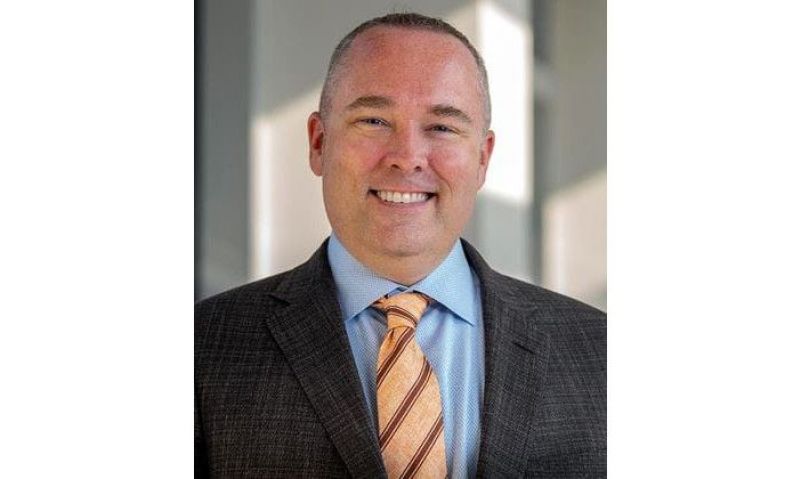
Annual VA SAMHSA conference educates VA staff, clinicians, active-duty DoD professionals and others with expert panelists.
More than 200 professionals on the front lines of preventing veteran suicide received vital new information, resources and support during the third annual VA Substance Abuse and Mental Health Services Administration (SAMHSA) conference June 11-13 in San Diego.
A variety of speakers, including Department of Veterans Affairs (VA) Secretary Denis McDonough, Special Assistant to the President for Veterans Affairs Terri Tanielian and others, covered a wide range of critical topics. Smaller breakout groups and panel discussions were aimed at distilling information, fostering conversation and forming partnerships to help reduce the number of veterans and servicemembers lost to suicide.
The breakout sessions featured topics including how to incorporate Buddy Checks on the statewide level, supporting families and securing lethal means, evidence-based suicide prevention practices, peer support, children of military families, moral injury and more.
Among the breakout session speakers was Dr. Craig Bryan, an American Legion member and the director of Ohio State University’s Division of Recovery and Resilience. He is a board-certified clinical psychologist with expertise in cognitive-behavioral treatments for individuals experiencing suicidal thoughts and post-traumatic stress disorder.
His presentation, “Evidence-Based Suicide Prevention Practices,” covered new research and analysis on various treatment methods.
Bryan pointed to a comparative analysis of 50 years of research studies that analyzed how different therapies have helped those coping with suicidal ideation and thoughts of self-injury. The evidence was clear: Cognitive therapies have demonstrated a comparably high rate of success, while just using medication has a far lower success rate.
He also corrected a couple of myths:
• Mental illness does not actually precede suicide attempts. “Suicide is caused by factors of mental conditions.”
• In-patient hospitalizations do not deter patients contemplating suicide. “It’s actually more likely to increase suicide risk.”
Bryan also highlighted a successful therapy, CBT-SP, which he researched and studied with Dr. David Rudd, an American Legion member who conducted his first clinical trial of suicide prevention in the early 1990s.
Their protocol had a 60% reduction in suicide attempts over two years. Other random controlled trials showed reduction rates between 42% and 60%.
“Sixty percent is pretty damn good,” he said. “I’d like to get to 70%, even 80%.”
Bryan’s team is also still recruiting volunteers for research studies. “Our greatest need right now is recruiting military personnel and veterans with recent suicidal thoughts or suicidal behaviors for a paid research study testing two types of therapy,” he said.
Eligible participants will be able to receive up to 12 sessions of therapy either in person or virtually via telehealth. To learn more, send an email to strive@osumc.edu or complete an online screening questionnaire at https://redcap.link/strive_osu.
- Be the One

